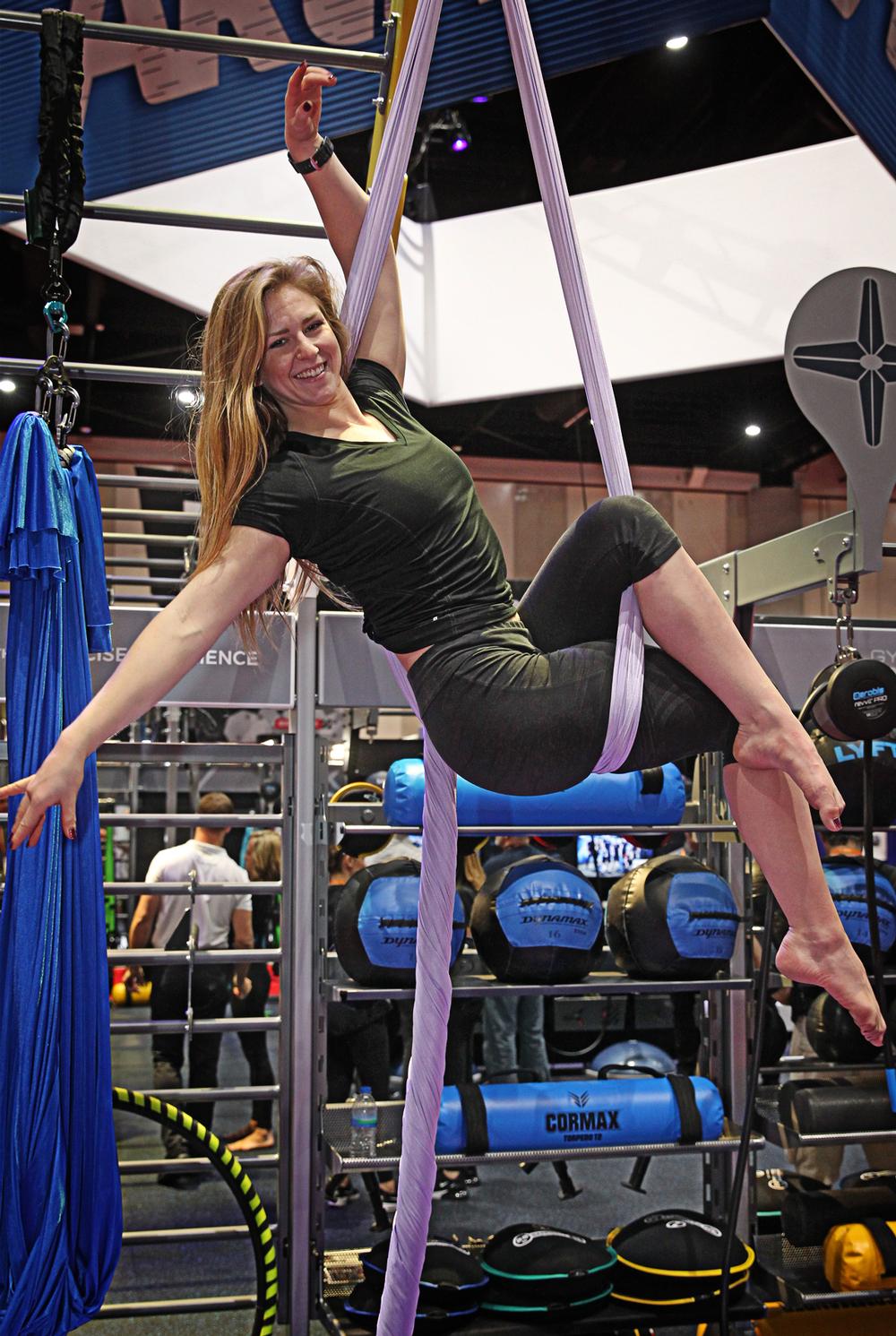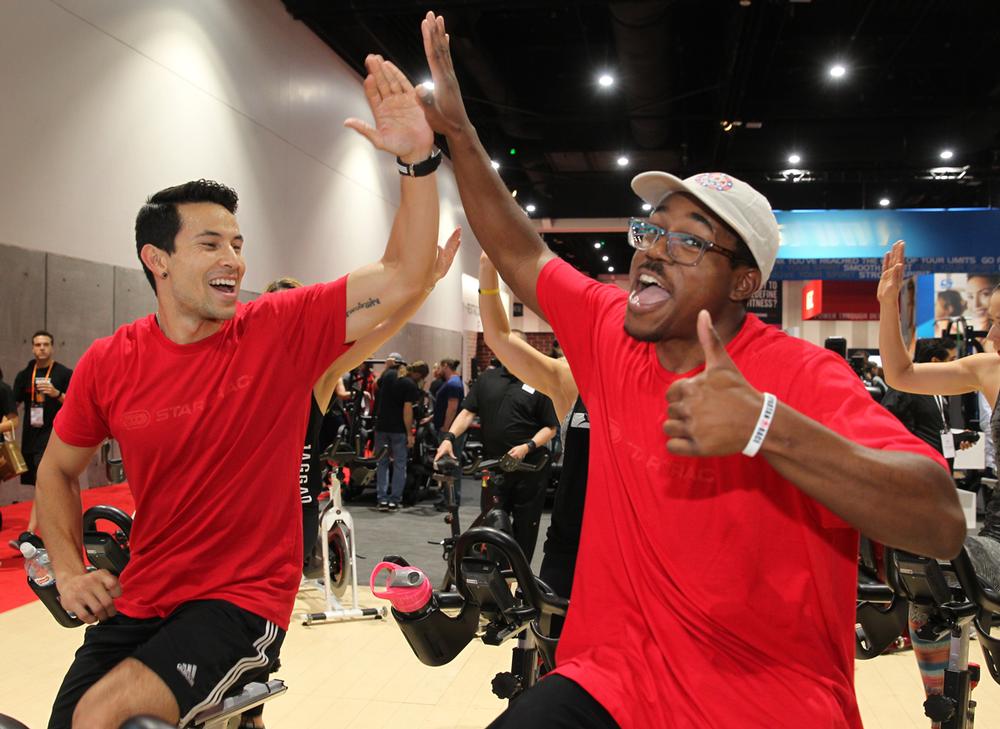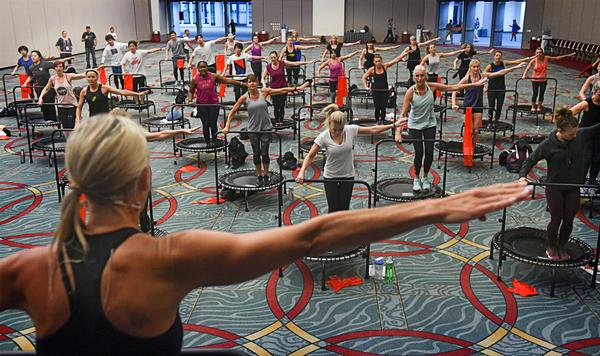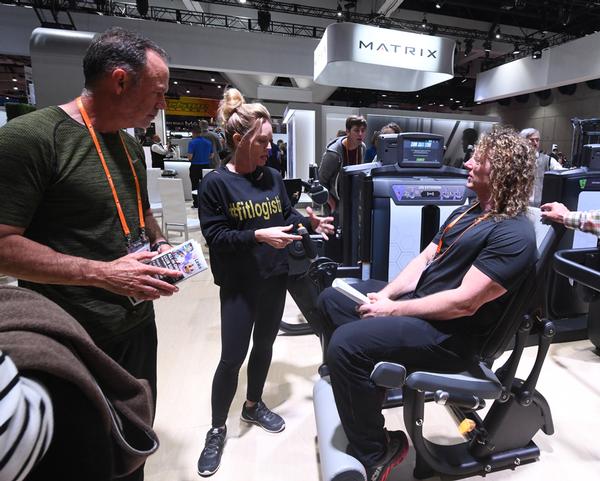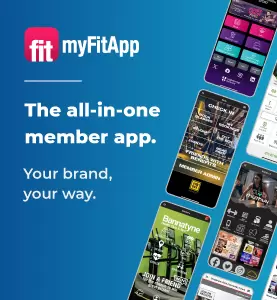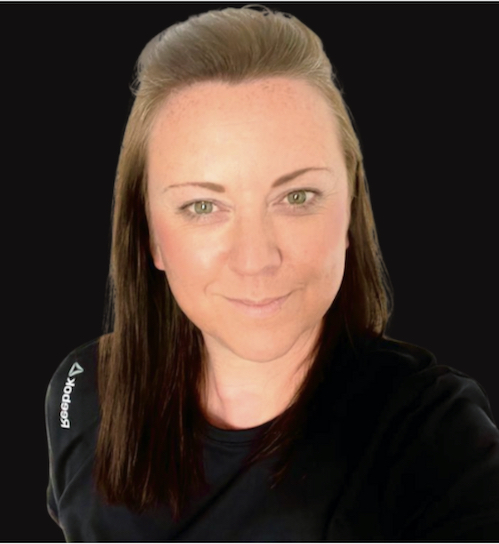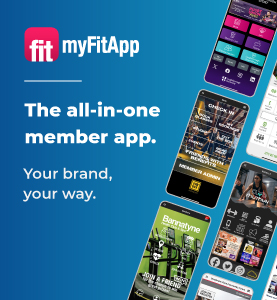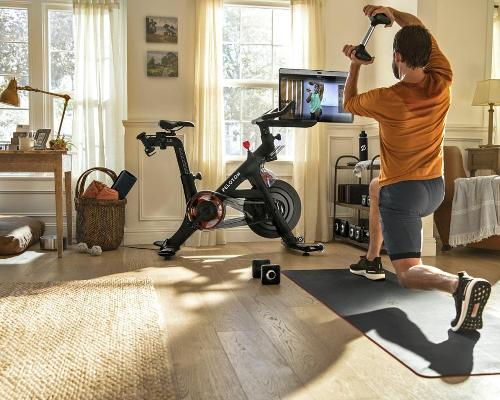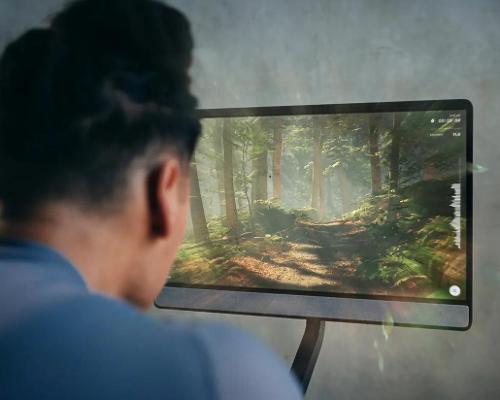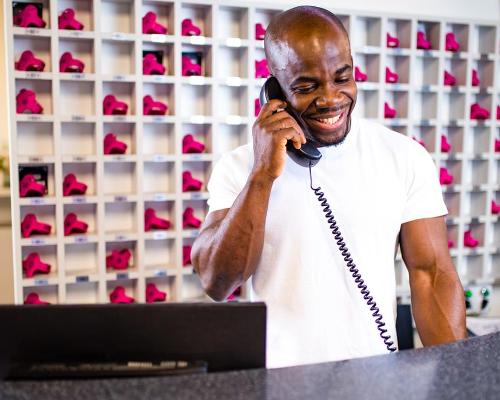latest fit tech news
Egym snaps up Hussle as it moves to dominate the corporate wellness market with its Wellpass product
Event Preview: IHRSA 2019
Fitness professionals from more than 80 countries will attend IHRSA’s convention and trade show in in San Diego in March. Kristen Walsh talks to some of the keynotes
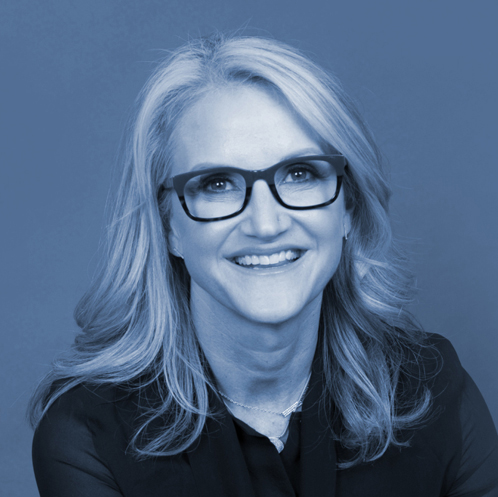
Kristen: In one of the videos explaining your book, The 5 Second Rule: Achieve Breakthrough Performance in your Career and Life, you suggest the key to success is to begin doing things that, in the past, you’ve been reluctant or unwilling to do. Could you explain that?
Mel: You can’t wait until you feel like doing the hard stuff – that’s rarely going to happen, so you’re totally normal if you feel motivated to go to the gym the night before, but when the alarm goes off at 6am, you want to hit the snooze button.
That’s where The Five Second Rule comes into play. You have about five seconds in between the stimulus (the alarm going off) and your response to that stimulus to do something different from that which your brain is telling you to do. Doing so can change your life.
Kristen: One of the fascinating issues you raise is that of – call it the negative mind – those thoughts that warn, “better not do that!". What has neuroscience taught us about that?
Mel: Science-backed research conducted in recent years has ascertained that our brains continue growing even into our old age.
That’s really incredible, because, formerly, we believed that brain growth stopped when we were in our 20s, and, after that, it was all downhill. The new scientific findings mean that we have a chance to break old patterns and to learn new habits, each and every day.
When it’s time to take action, count back “5-4-3-2-1” – and move! Don’t give your brain any longer to resist, because then it will.
Kristen: Other than prompting you to get out of bed in the morning, how can the rule have a positive impact on how one leads one’s life?
Mel: The Five Second Rule can change your life. You can use it to shake up your health, happiness and relationships, but of particular interest to health club operators, it can actually play a valuable role in improving business.
The rule has the potential to shape innovation and drive creativity by prompting people to share and act on their ideas, when, ordinarily, they might have kept quiet.
Executives have shared how it’s helped them catapult their companies to new heights because they’re taking steps that they’ve been putting off for years.
We’ve heard from managers who have trained their sales teams to employ the rule when making calls. People are using it to stop procrastinating, to speak up, act on new ideas, reach out to potential clients, and increase productivity.
They stop analysing every email and start working instead of procrastinating and a cultural shift takes place.
The Rule enables people to move from thought to action. They become more confident and courageous, act without hesitation, become more productive, and are nicer to one another.
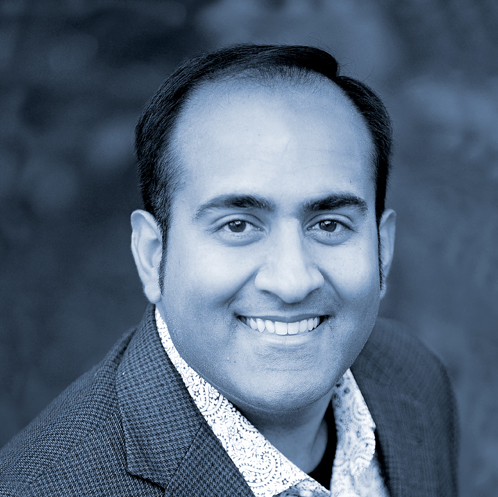
Kristen: The title of your keynote is Be More Trusted in a Sceptical World. You’ve recognised we’re in the middle of a ‘believability crisis’. Is trust still possible?
Rohit: The nature of trust has shifted in fundamental ways. For example, now we might trust a review online from a stranger more than an opinion from a close friend. And the widespread manipulation of media makes it harder for us to trust anything today. So our guard is always up.
One of the reasons for this is a rise in manipulated outrage. The sad truth is that there are people who seek to profit by making sure we all feel outraged about something at any given moment.
The only solution is to recognise the attempted manipulation, see past it, and be mature enough to avoid being easily manipulated.
Kristen: Some segments of the fitness industry have had problems with trust. What suggestions would you offer to help the industry improve its image?
Rohit: There’s a long-standing tendency towards the sensational when it comes to new fitness routines. I recently read an article about the 'biggest fitness fad from the year you were born'. There was a different one for every year since the 1950s! To change this perception, the industry needs to attract and engage people without resorting to sensationalism.
One way to do that is by utilising what I call 'backstorytelling' – explaining where something comes from as a way to inspire more belief. People are far more likely to believe in a new routine or fitness innovation if they know something about what led to its creation, how it really works, and even when it doesn’t work or when something goes wrong.
Kristen: The name of your consulting firm, the Non-Obvious Company, demands an explanation. What’s it all about?
Rohit: The company is about helping people to see what others miss. We publish annual trend reports and conduct dozens of corporate workshops every year, but, basically, we encourage people to be more open-minded and to look beyond their own business. You can’t assume you’re right, and that anyone who disagrees with you must be stupid.
If there’s a broader mission in all that I do, it’s a quest to get people actively seeking out points of view that are unlike their own.
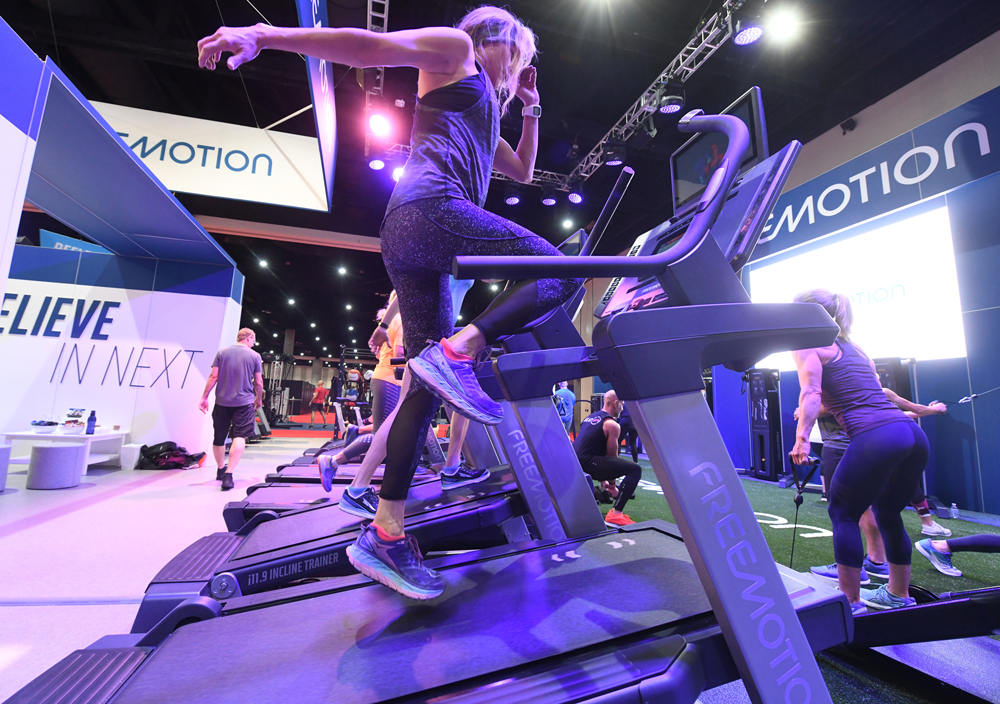
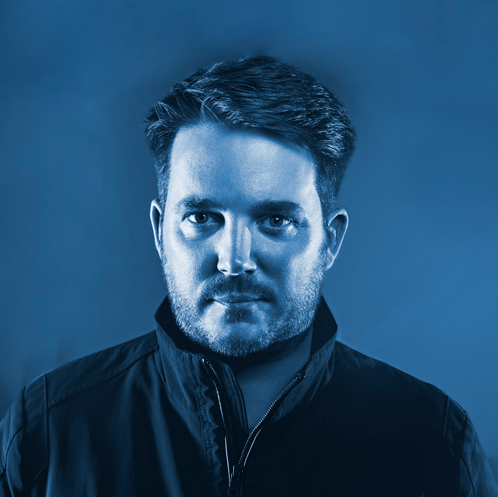
Kristen: You describe yourself as a futurist. What sort of work process does that involve?
Chris: I’ve had some exceptionally cool jobs throughout my career, and I’ve been fortunate to always work in some of the most exciting grey spaces – areas that we don’t yet fully understand – in the field of emerging technology.
What I do now is analyse human behaviour, our appetite for change and then determine how this correlates to the newest technologies. In the work I do every year around the world, business leaders in a wide range of sectors share information and insights with me that blow my mind.
Kristen: Is the 'future customer 2020' going to be significantly different from the consumer of 2019, or will they simply be a heightened version of the one we see today?
Chris: They’re going to be different—absolutely! Every year we see new shifts and new expectations.
The rate of change has increased, and so have consumer demands.
We also have more insights into ‘people’ than we’ve had at any point in history. The challenge is to cut through the noise and make all of this work properly.

Kristen: The subtitle of your new book, FUSION, suggests that by aligning brand and culture, organisations can achieve greatness. How so?
Denise: If you align them, you can win customers because you gain their trust and pass the test of authenticity: you’ve demonstrated that you really are what you say you are.
You also can win the war for talent by attracting and retaining employees who believe in your vision, and will go the extra mile to help achieve it. You become more efficient because people aren’t wasting time and money trying to figure out the right thing to do.
Kristen: Is there a fitness industry brand doing a good job of this?
Denise: When I interviewed SoulCycle CEO Melanie Whelan a few years back, she described one of their core values as ‘a culture of yes’, which means everyone in the company is committed to saying yes to customers, and doing what it takes to satisfy their desires.
That mindset is part of what people know and love about the brand. So SoulCycle has a healthy culture, a strong brand and tight alignment between the two.
Kristen: You stress the importance of organisations having a distinct—as opposed to an ideal—culture. Can you please elaborate?
Denise: Beyond a certain baseline, there’s no universal definition of good culture. Every organisation is different, so its culture should be too. It doesn’t matter if it’s friendly or competitive, nurturing or analytical, it should simply cultivate the attitudes and behaviours that enable your people to produce the results you’re looking for.
Kristen: You emphasise the importance of engaging employees and customers, and managing their experiences. What do you mean?
Denise: Customer experience (CX) is the new marketing, and influences brand perceptions and performance just as much as marketing used to. Organisations must design and manage CX to make it personal, emotional and on-brand. It’s also just as important to design and manage employee experience (EX) – the sum of all interactions an employee has with your organisation.
Kristen: How do you create fusion between EX and CX?
Denise: You need to directly integrate EX with CX. When people have an experience, as employees, that’s distinctively on-brand, they’re more likely to deliver that sort of experience to their customers.
Kristen: To fuse brand and culture, you’ve suggested identifying and articulating your brand aspirations – what do you mean?
Denise: Having a meaningful purpose is critical in today’s ultra competitive world. You need to play an irreplaceable role in people’s lives, and must live that purpose convincingly, or customers can easily be lured away.
Kristen: Who should articulate brand aspirations?
Denise: It involves uncovering the reason the founder started the business, or examining the mission that motivates the people in the organisation.
Customers, employees, and stakeholders should inform the process, but the leaders should spearhead it, because they best understand their intent and vision.
• Denise Lee Yohn has a free online tool that can help you determine the values and culture you should be cultivating to support your brand. You can access it here: www.deniseleeyohn.com/fusion
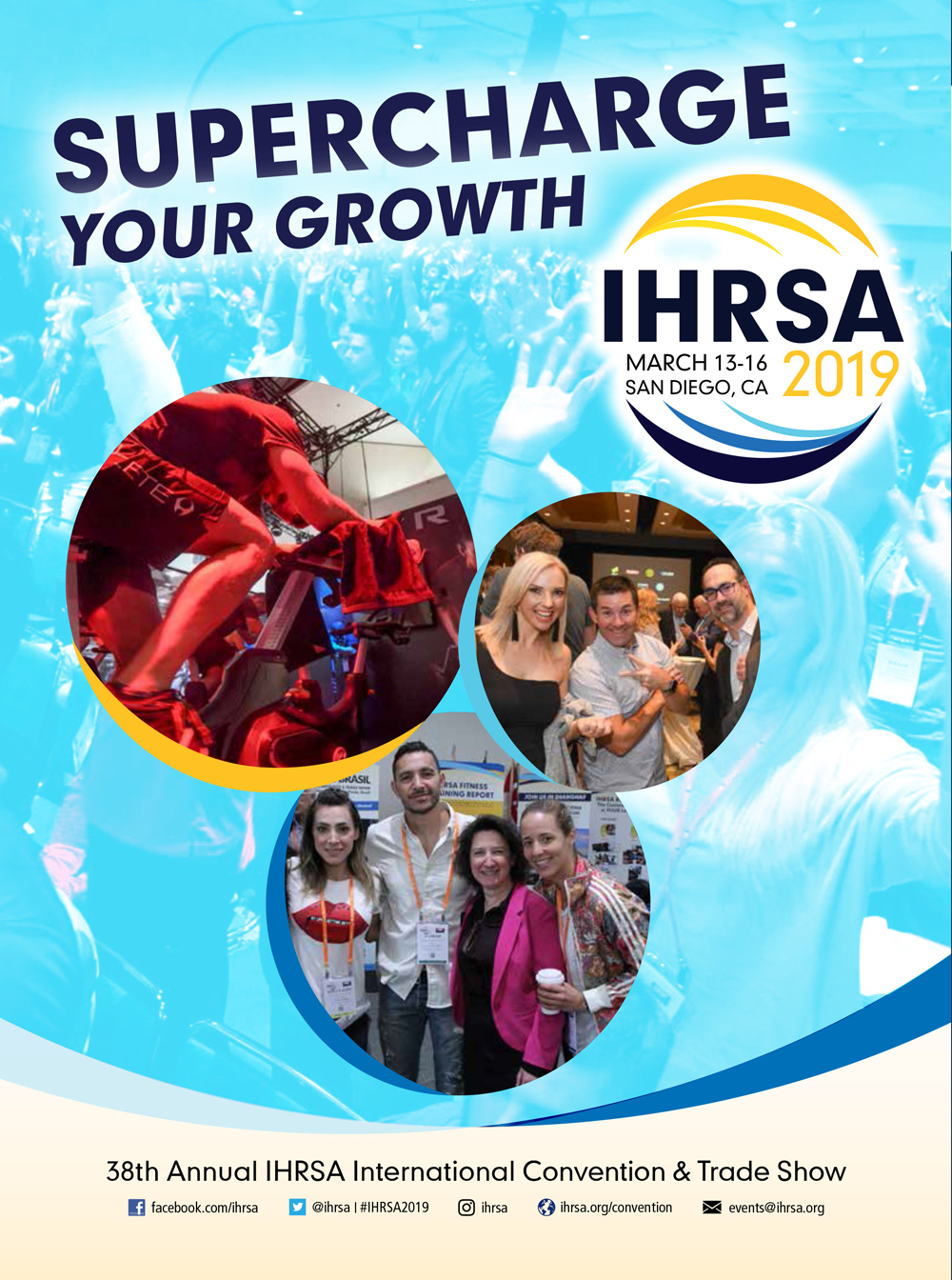
To register for IHRSA 2019 visit www.ihrsa.org/convention









